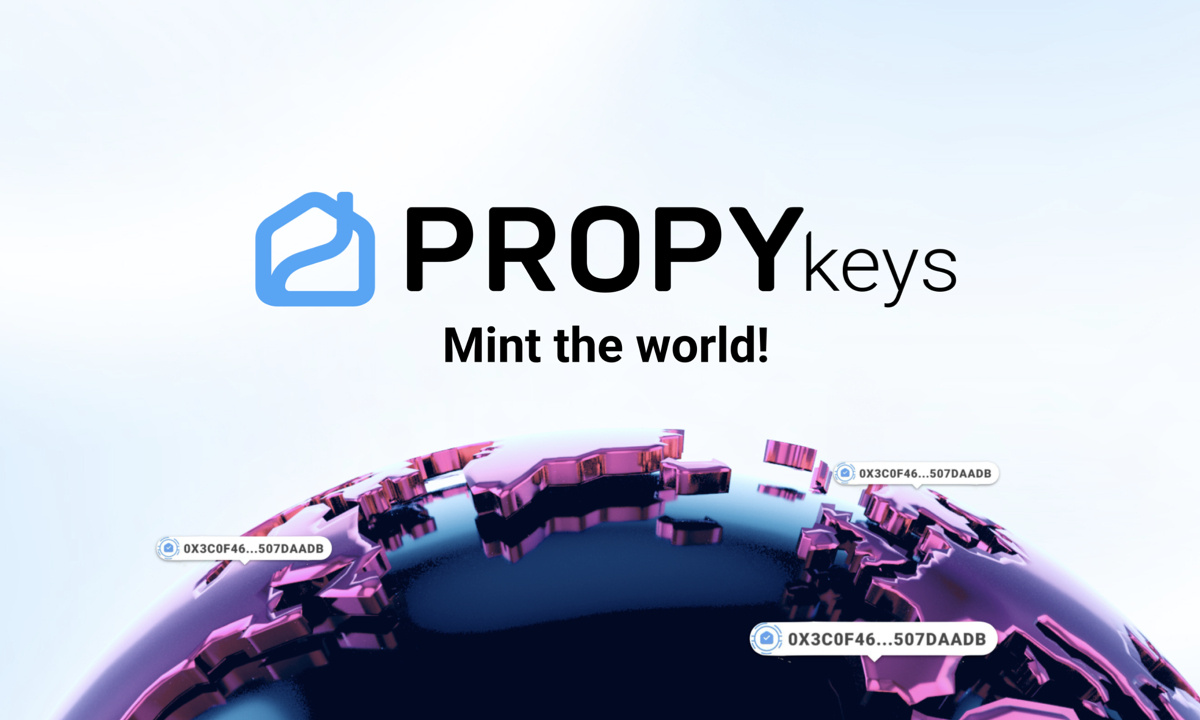For many years, the world was used to traditional methods of exchanging value and trading. However, as digitization crept in from the latter part of the 20th century through to the 21st century, finance, banking, trading, and value exchange have become redefined. One of the reasons for all these is the ever-growing population of the world. As of today, the world’s population is approximately 8 billion compared to 1900s 1.6 billion.
Decentralized finance (DeFi)
Recently, DeFi has become a critical topic discussed every day in finance and now in the crypto space. So what exactly is decentralized finance? And how does it compare to centralized finance?
Decentralized finance (DeFi) is a new model of a monetary system developed on public chains. Essentially, this model, also known as open finance, seeks to merge traditional banking services with decentralized technologies. Some components of open finance include smart contracts, digital assets, dApps.
Traditional banking systems have been roped on to centralized finance, a system where users hinge their investments or transactions on the bank's integrity, hoping there'll be no system collapse. However, certain limitations and obvious disadvantages led to the clamor for decentralization and ultimately birthed decentralized finance.
Take, for instance, I need a loan, or I'm looking to market a product, decentralized finance affords me the opportunity of meeting up directly with a creditor or a buyer as the case may be. It is essentially a peer-to-peer finance system where users can ultimately eliminate overbearing intermediaries while maximizing their trades and finances.
WHAT MAKES DEFI SPECIAL?
DeFi has gained a lot of popularity in recent years and especially in the cryptocurrency world. Today, tokens underpinning DeFi are worth over one billion US dollars ($1b). So what are the advantages of DeFi?
Permissionless: DeFi protocols are built on the open-source blockchain, making accessibility easy for any user with an internet connection. Unlike standard centralized protocols that require multiple permissions and authentication levels, decentralized finance exploits the open-source network to allow users to operate freely.
Immutability: The ability to retain every transaction performed on the blockchain is arguably its most significant advantage over centralized finance. While this does not only prevent fraud, it ensures complete transparency of the network. Every transaction stored for future reference is the dream of a secure financial system.
Flexibility: Decentralized protocols are subject to a variety of codes and algorithms that have unique operations. Unlike traditional banking systems with very rigid modes of operations, open finance allows for flexibility and changes in the governing code once consensus can be reached amongst users.
Indeed, banking systems are in dire need of new solutions to age-long problems; decentralized finance can give some of these answers while steadily establishing itself as the future of banking.
Investment Disclaimer








